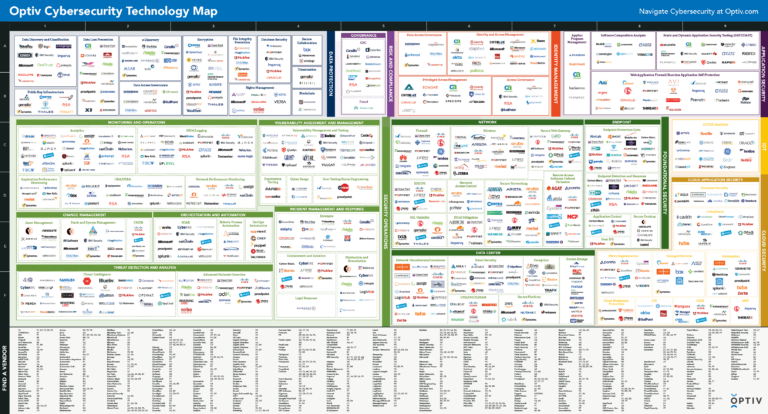Future of Blockchain Technology Beyond Crypto: Unlocking a Decentralized Tomorrow
Blockchain is often synonymous with cryptocurrency but its potential goes far beyond Bitcoin and digital coins. As trust, transparency, and data security become top priorities in every industry, blockchain is emerging as a transformative solution for much more than finance. Whether you’re a tech enthusiast, business leader, or innovator, understanding the future of blockchain technology beyond crypto is essential for navigating what’s next. This powerful, decentralized infrastructure is being harnessed to reshape everything from supply chains and identity verification to healthcare, governance, and digital ownership and we’re only scratching the surface.
How Blockchain Is Revolutionizing Supply Chain Transparency
Modern supply chains are complex, global, and often opaque. Blockchain offers a transparent, tamper-proof way to trace goods from origin to delivery in real time. Companies can track raw materials, verify certifications, and confirm authenticity across every stage of the supply chain. For industries like food, fashion, and pharmaceuticals, this visibility ensures ethical sourcing, regulatory compliance, and fraud prevention. Consumers benefit too blockchain-backed tracking gives them confidence in the origin and quality of the products they buy.
Decentralized Identity: The Future of Digital Verification
In a world dominated by passwords and data breaches, digital identity is broken. Blockchain is introducing self-sovereign identity solutions that let users control their personal data without relying on centralized databases. Instead of sharing sensitive details repeatedly across platforms, individuals can present verifiable credentials that are cryptographically secured on the blockchain. This has profound implications for banking, healthcare, education, and even voting offering a future where identity is portable, secure, and controlled by the individual, not third-party providers.
Smart Contracts Powering Automated Business Logic
Smart contracts programs that execute automatically when conditions are met are streamlining business processes across industries. From automating insurance payouts to managing royalties in the music industry, smart contracts eliminate middlemen and reduce human error. Businesses are already using them to simplify leasing agreements, supply contracts, and freelance payment systems. By embedding trust directly into the code, smart contracts ensure transparency, speed, and cost efficiency without relying on external enforcement.
Blockchain in Healthcare: Data Sharing Without Compromising Privacy
Healthcare providers face a constant challenge: how to share patient data across systems while safeguarding privacy. Blockchain presents a secure, decentralized method for managing electronic health records (EHRs), ensuring data is encrypted, time-stamped, and accessible only to authorized parties. Patients can control who accesses their data, while researchers and hospitals benefit from accurate, unified records. This not only reduces administrative burden but also paves the way for data-driven treatments and better patient outcomes through real-time interoperability.
Tokenization and the Rise of Digital Ownership
One of the most exciting frontiers of blockchain beyond crypto is tokenization the process of turning physical or digital assets into tradeable blockchain-based tokens. This includes real estate, art, intellectual property, and more. By fractionalizing ownership, tokenization unlocks new investment opportunities and democratizes access to assets previously limited to institutions. Beyond ownership, tokenization also has potential in loyalty programs, digital collectibles, and rights management—creating entirely new business models for the digital economy.
FAQs
Is blockchain really secure without cryptocurrency as its backbone?
Yes. Blockchain’s core structure decentralized, immutable, and encrypted remains secure across all applications, whether tied to crypto or not.
Can blockchain work in industries that require high data privacy?
Absolutely. Permissioned blockchains and encrypted smart contracts offer robust privacy controls for sensitive industries like healthcare and finance.
What’s the difference between public and private blockchains?
Public blockchains are open and decentralized, while private ones are restricted to authorized users ideal for businesses needing tighter control.
Are there real-world companies using blockchain outside of crypto?
Yes. IBM, Walmart, Maersk, and many others use blockchain for logistics, identity verification, and contract automation.
Does blockchain require huge energy consumption in all use cases?
Not necessarily. Energy-intensive mining is specific to certain cryptocurrencies; many enterprise-grade blockchains use efficient consensus mechanisms.


